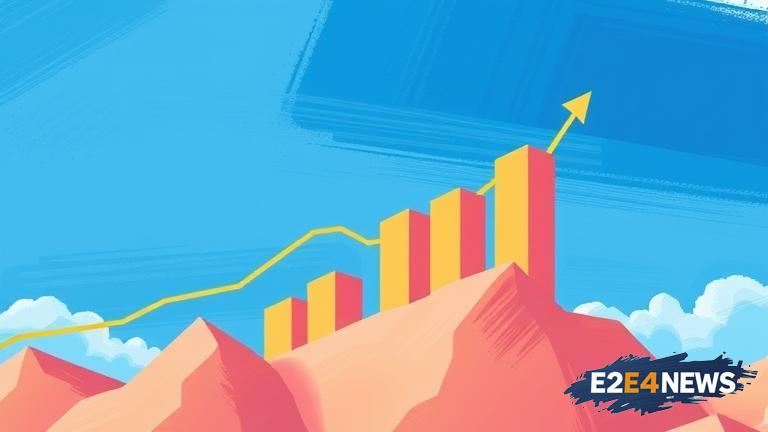Mercado Libre, the largest e-commerce company in Latin America, has made a strategic decision to prioritize growth over profit in the Brazilian market. This move is largely driven by the increasing demand for free shipping, which has become a key differentiator in the country’s competitive e-commerce landscape. By offering free shipping, Mercado Libre aims to attract more customers and increase its market share in Brazil. The company’s decision to focus on growth over profit is a calculated risk, as it may lead to short-term losses but is expected to pay off in the long run. Mercado Libre’s free shipping policy has already started to reshape the e-commerce market in Brazil, with other players in the industry feeling the pressure to follow suit. The company’s growth strategy is also driven by the increasing adoption of digital payments in Brazil, which has made it easier for consumers to shop online. Additionally, Mercado Libre’s investments in logistics and technology have enabled it to improve its delivery times and customer service, making it a more attractive option for online shoppers. The Brazilian e-commerce market is expected to continue growing in the coming years, driven by increasing internet penetration and a growing middle class. Mercado Libre is well-positioned to capitalize on this growth, with its strong brand presence and extensive product offerings. However, the company faces intense competition from other e-commerce players, including Amazon and Magazine Luiza. To stay ahead of the competition, Mercado Libre is investing heavily in marketing and advertising, as well as expanding its product offerings to include more categories and brands. The company’s focus on growth over profit is also reflected in its decision to invest in new technologies, such as artificial intelligence and machine learning, to improve its customer experience and operational efficiency. Furthermore, Mercado Libre’s commitment to sustainability and social responsibility is also expected to resonate with environmentally conscious consumers in Brazil. The company’s efforts to reduce its carbon footprint and promote sustainable practices throughout its supply chain are likely to appeal to consumers who are increasingly prioritizing social and environmental responsibility. In terms of its financial performance, Mercado Libre’s decision to prioritize growth over profit is expected to impact its bottom line in the short term. However, the company’s long-term prospects remain strong, driven by its dominant position in the Latin American e-commerce market and its ability to adapt to changing consumer trends. As the Brazilian e-commerce market continues to evolve, Mercado Libre is likely to remain a key player, driven by its strong brand presence, extensive product offerings, and commitment to innovation and sustainability. The company’s growth strategy is also expected to create new opportunities for small and medium-sized enterprises (SMEs) in Brazil, which can leverage Mercado Libre’s platform to reach a wider audience and expand their customer base. Overall, Mercado Libre’s decision to prioritize growth over profit reflects its confidence in the long-term potential of the Brazilian e-commerce market and its commitment to delivering value to its customers and stakeholders. With its strong brand presence, extensive product offerings, and focus on innovation and sustainability, Mercado Libre is well-positioned to remain a leader in the Latin American e-commerce market for years to come. The company’s growth strategy is expected to have a positive impact on the Brazilian economy, creating new jobs and opportunities for SMEs and driving economic growth. As the e-commerce market in Brazil continues to grow and evolve, Mercado Libre is likely to remain at the forefront, driven by its commitment to innovation, sustainability, and customer satisfaction.
